Transgender voters say they face photo ID barrier
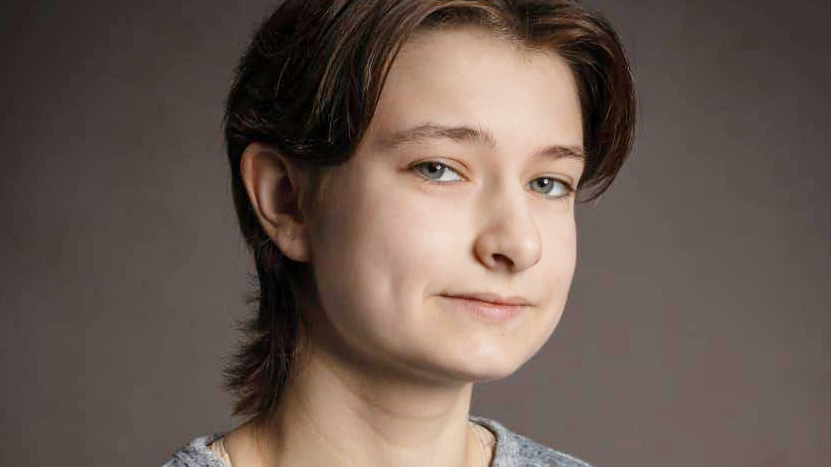
Gwion Williams says he is ready to vote but gets anxious presenting his ID in case his safety and privacy is affected
- Published
Trans and non-binary people have said they are concerned there is not enough awareness of how LGBTQ communities can access free voter IDs before the general election.
Since May 2023 voters have had to present photo IDs, external at the polling station - a move the UK government said is to help avoid election fraud.
Voters who do not look like their photo ID or have a different name risk being turned away if the staff have "reasonable doubt" they are not who they say they are, according to the Elections Act 2022.
Some trans and non-binary people who have begun their transition are concerned their photo IDs could be out of date and could see them refused the ballot paper.
Johnson turned away from voting after forgetting ID
- Published3 May 2024
What photo ID will you need to vote in the general election?
- Published29 April
ID rules stopped 14,000 voting, watchdog finds
- Published23 June 2023
The UK government said people with concerns about using their photo ID can access free Voter Authority Certificates, external, which do not identify their gender.
It added that it worked with charities and civil society organisations, "including those representing trans and non-binary people" to develop the voter ID plans.
Voter Authority Certificates were introduced as an alternative to photo IDs required under the Elections Act 2022.
Gwion Williams, 20, said that he obtained a voting certificate because his previous ID states that he is female.
Mr Williams, from Bridgend, said: "While Voter Authority Certificates are, in theory, easily and freely available; the process is not well signposted or promoted to people."
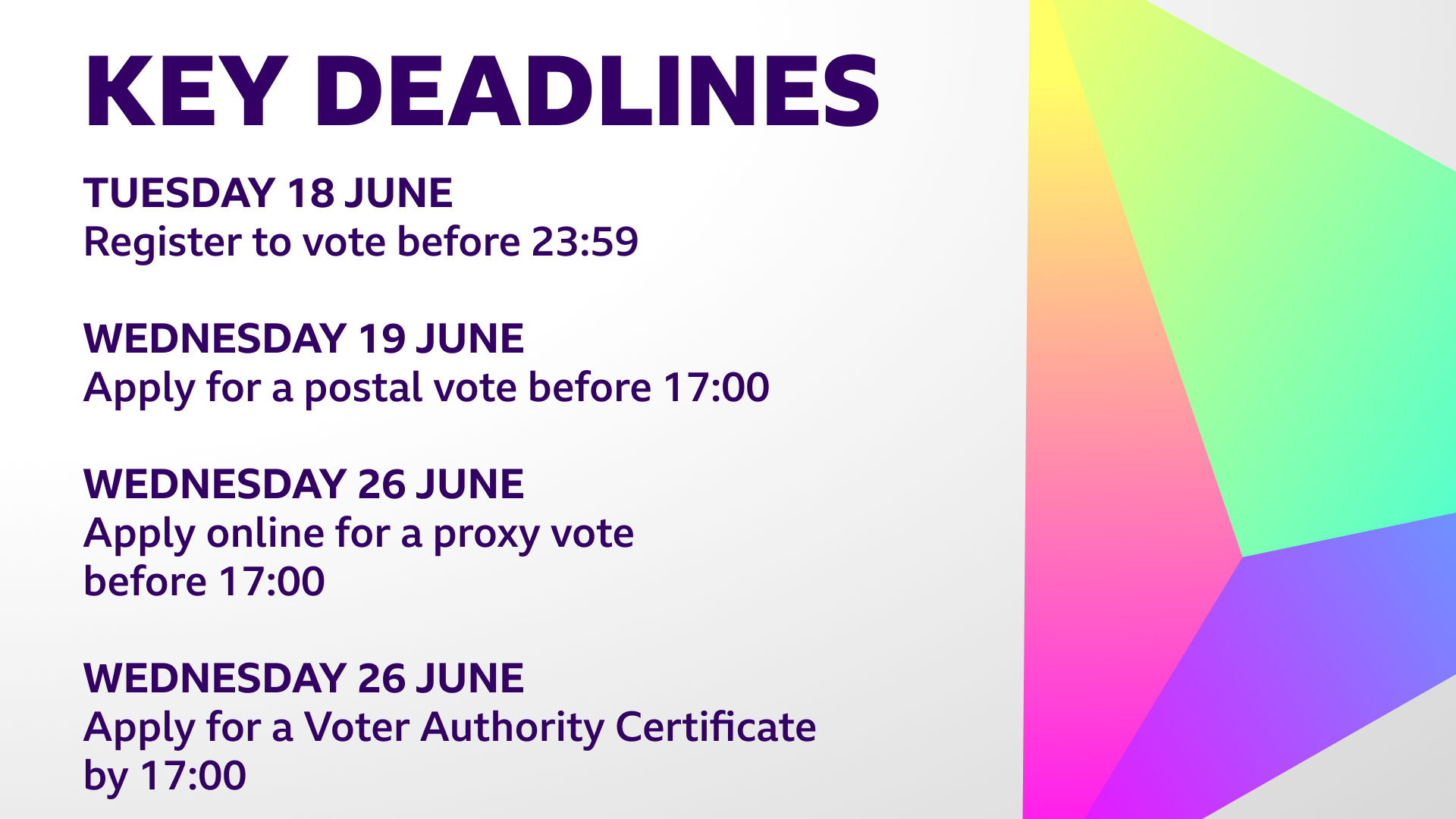
He said that getting his hands on a certificate "came with the challenges of having to have all the documents in place, having to be able to prove I am, who I say I am again to a panel of strangers to decide whether I could have ID".
He added: "They are not maintainable forms of ID - it's a printed piece of paper that isn't going to last.
"In some ways even presenting a Voter Authority Certificate is othering - it's not a small ID card and it highlights that the only ID you could access was a free one."
Mr Williams said he could not access a traditional form of ID "because the process is long, it's expensive, and all of my previous ID says I'm female".
"If I turn up at a polling station, and my ID claims I'm female, and I am not presenting as female, I risk getting turned away and risk abuse," he said.
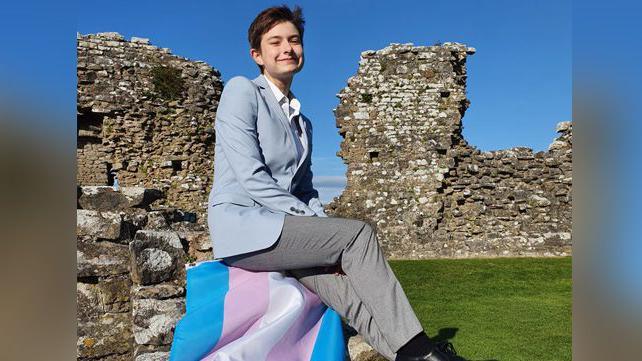
Gwion Williams says it is important for trans, non-binary and gender non-conforming people to vote on 4 July
A new passport costs £88.50, a driving licence costs £34.
Mr Williams said he thinks participating in the election is vital "particularly for trans people and gender non-conforming people to protect our own lives".
"For many people, a vote is just seeing what the future will hold, but for trans people, this is a case of what rights we will still have," he said.
Across Instagram, Facebook, and X, formerly known as Twitter, the Electoral Commission has posted about free voter IDs 54 times since 1 March 2023.
Across the same three platforms, the UK government has published three posts on X since 24 April 2023 about the free IDs.
What does the law say?
The Elections Act 2022 means you will not be allowed to cast your vote if:
You cannot provide accepted photo ID - but you can vote if you have a Voter Authority Certificate
The polling station officer has "reasonable doubt" you are not the person on the ID
If your name, appearance or gender expression appear different to the photo ID
When the photo ID rules were introduced, the UK government said it would help prevent voter fraud.
There were 1,462 cases of alleged electoral fraud reported to police between 2019 and 2023, according to the Electoral Commission, external.
Of these, 11 led to convictions, and the police issued four cautions. Most resulted in the police taking no further action.
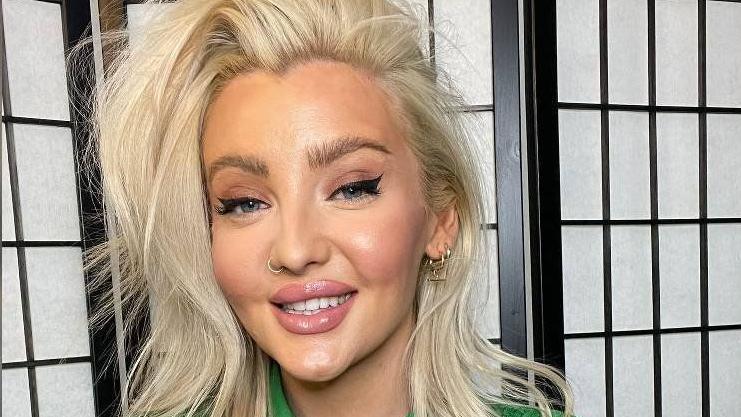
Danielle St James says she has not been affected by the mandatory photo IDs as all of her identification is up to date
Danielle St James, born in Barry and now living in Margate, is the chief executive of trans charity Not A Phase.
She said mandatory photo IDs "should never ever have happened" and that she thinks there has not been "nearly enough" done to promote the free option.
Ms James said: "It’s conservative gerrymandering. The thing is the people who are less likely to have voter ID are marginalised groups - people of colour, minority groups."
She questioned why there is not a bigger push on social media or flyers through doors for Voter Authority Certificates.
"We need to be reaching people to tell them how to get over this barrier that has been put in front of them, that is going to prevent them from having a future of equality," she said.
The Conservative Party said Cabinet Office research in 2021 found "98% of the electorate" had "some form of suitable photograph identification", and there is a free option for those who do not.
A spokesperson said: "Voter identification was first introduced in 2003 in Northern Ireland by the last Labour government. This government has now rolled it out across Great Britain."
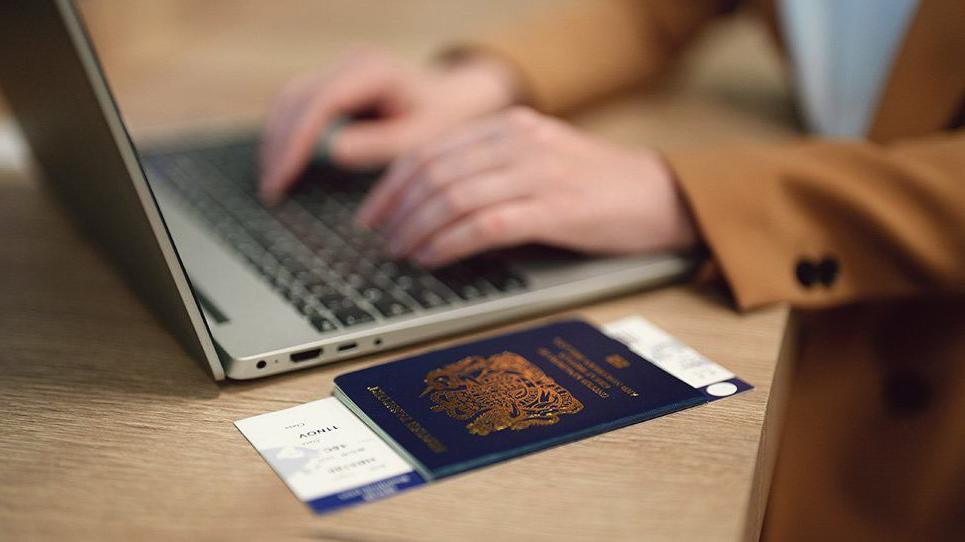
Passports cost £88.50 after an increase in price on 11 April 2024
Orion, an 18-year-old from Devon, said they thought their only option to be able to vote was to buy a new passport - which they have now done.
They had "panicked" when they heard about the photo ID rule because their old ID no longer looked like them and they were worried about being refused or outed as trans.
They said the photo ID law made them feel "angry" because it "feels unnecessary and has such huge impact on like the most marginalised people in our society".
They had not heard about Voter Authority Certificates and said "a huge barrier to me voting is that I genuinely don't know about all of the options because we don't get taught about it in school".
The Electoral Commission said it is working "to raise awareness of the ID requirement and the availability of free voter ID through integrated advertising, partnership work, press activity, digital engagement and information on our website".
"At the polling station, voters can ask to have their ID checked in private if they wish and polling station staff will receive training on how to check ID sensitively."
The Labour party's manifesto said it will improve voter registration and address inconsistencies in voter ID rules.
Plaid Cymru's manifesto said it "would end the voter suppression at elections recently introduced through the requirement to show ID at polling stations, and instead focus efforts on ensuring that all potential eligible voters are on the electoral roll".
How can I get a free photo ID?
You can apply for a free Voter Authority Certificate, external which can be used in place of a photo ID when voting in the UK.
It lasts for 10 years, but you have to have registered to vote first.
The deadline to register to vote, external is 23:59 BST on 18 June 2024 and the deadline to apply for a Voter Authority Certificate is 17:00 BST on 26 June.